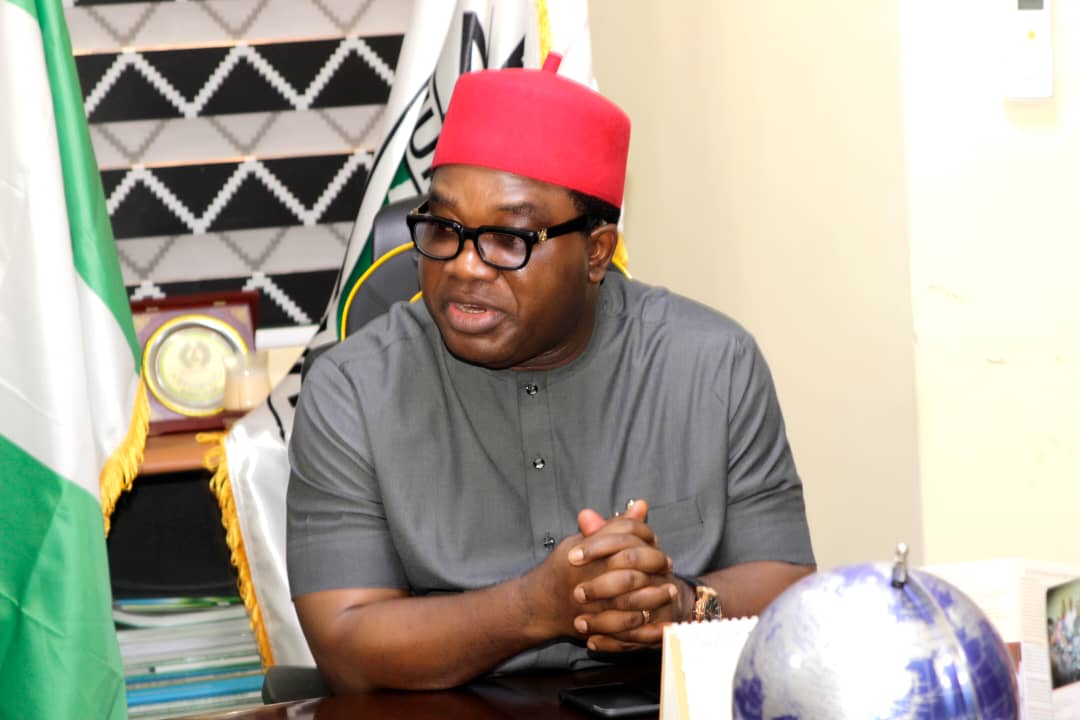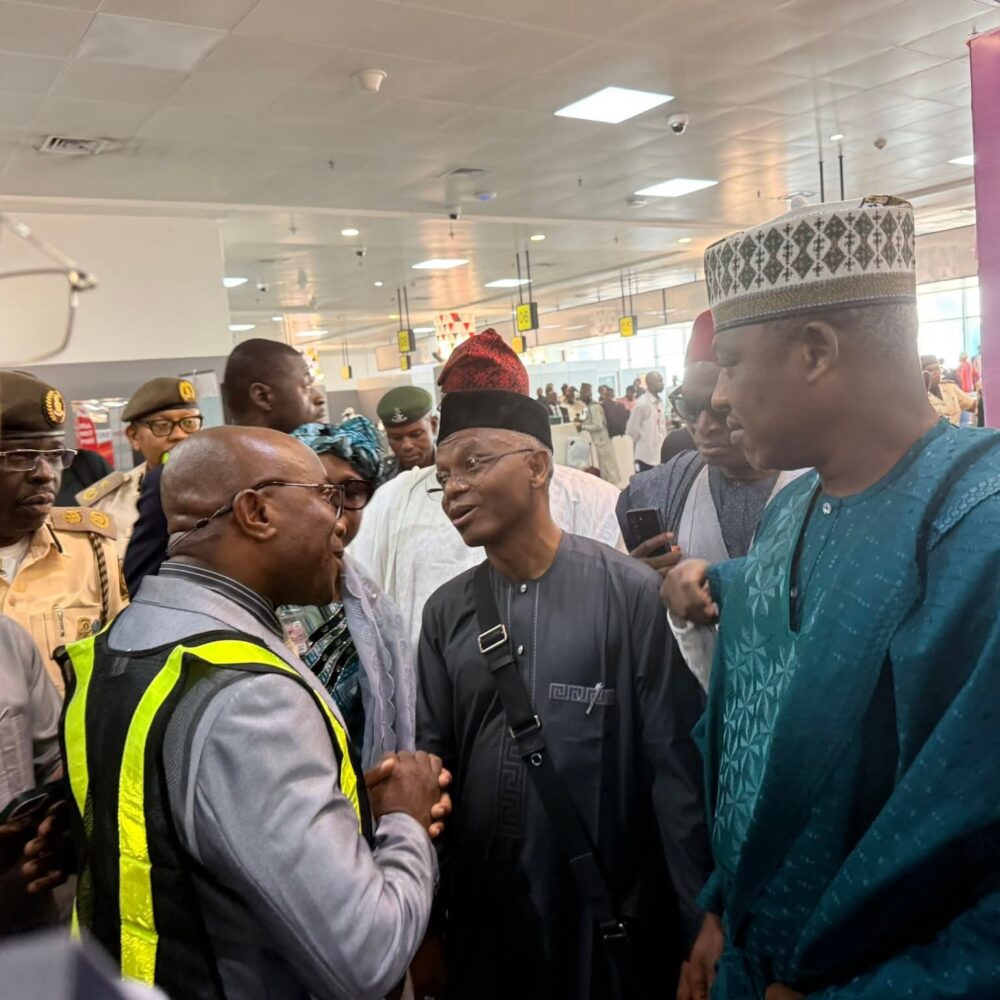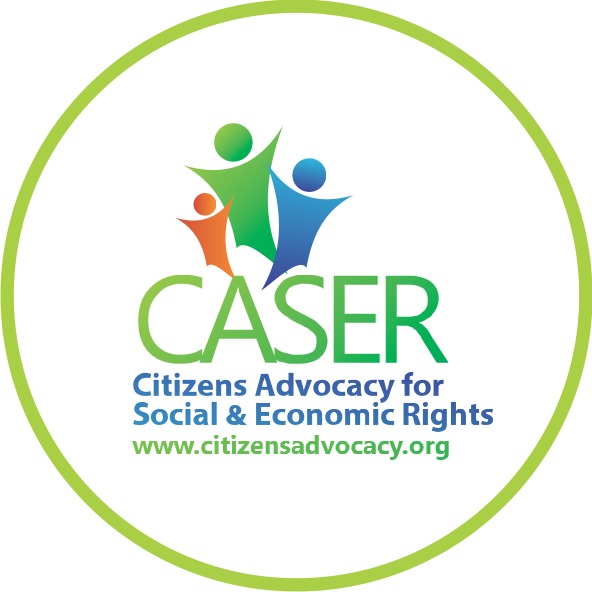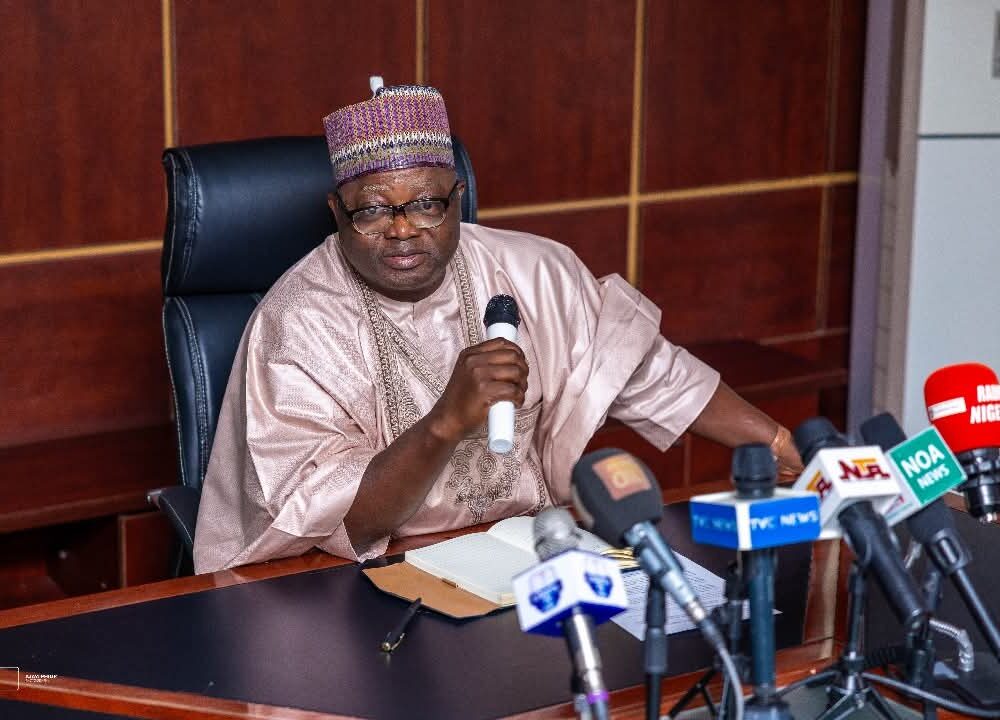As Nigeria joined the rest of the world to mark the International Day of Zero Tolerance for Female Genital Mutilation (FGM), the National Human Rights Commission (NHRC) has called for stronger collaborations among stakeholders to eradicate the harmful practice.
Speaking in Abuja, the Executive Secretary of NHRC, Dr. Tony Ojukwu, reiterated the Commission’s commitment to end FGM in the country, described it as a degrading and harmful practice that violates the rights of women and girls.
He noted that the 2024 theme, “Stepping Up the Pace: Strengthening Alliances and Building Movements to End FGM,” aligned with NHRC’s ongoing efforts to eliminate the practice.
According to Ojukwu, NHRC, in collaboration with the United Nations Population Fund (UNFPA) and the Civil Resource Development and Documentation Centre (CIRDDOC), developed a training manual in 2017 to address human rights violations linked to FGM. The manual provided a framework for reporting FGM cases and raising awareness about its dangers.
“The manual offers an in-depth analysis of women’s rights and FGM as a form of violence against women and girls. It also serves as a guide for proper reporting and advocacy,” Ojukwu stated.
He disclosed that with the support of UNFPA and UNICEF, the Commission implemented training programs in five focal states Imo, Ebonyi, Osun, Oyo, and Ekiti where statistics indicate positive progress in reducing FGM cases. He added that similar programs would be extended to other states, subject to available resources.
Stakeholders engaged in these training sessions included representatives from government agencies, civil society organizations, faith-based groups, media, traditional rulers, and security agencies.
Ojukwu further highlighted NHRC’s efforts under the EU-UN Spotlight Initiative, which led to the establishment of the now-defunct Special Independent Investigation Panel on Sexual and Gender-Based Violence (SGBV) in 2019. The panel, he said, operated across Nigeria’s six geopolitical zones, providing justice and empowerment opportunities for survivors of gender-based violence.
He urged Nigerians to report all FGM-related cases and other human rights violations to NHRC through its toll-free line, 6472, assured that the Commission would take necessary actions in line with national and international laws.





